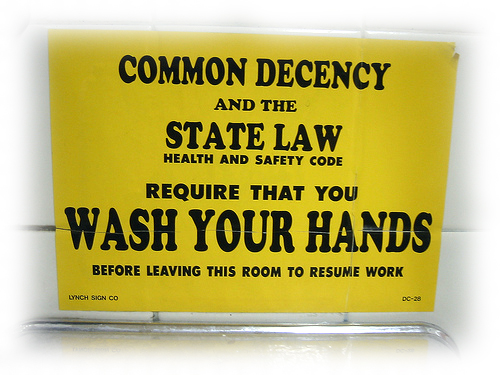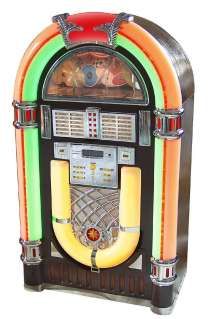Quotations
Adam Smith long ago taught us the difference between being pro-business and pro-free-market. Pro-business or corporatism means easy money, protection from competition, and bailouts at taxpayer expense. Pro-free-market means businesses are on their own in a competitive environment trying to serve consumers. We need to reject corporatism and embrace the free market.
— Sheldon Richman, The Most Dangerous Derivative (2011)
Tags
Posts Tagged ‘bar economics’
Here I briefly explain what my research project is about and where it is headed.
Even the commode is not immune from economic activity. I find two examples especially interesting.
The law of demand states that as something becomes more expensive, people choose to consume less of it. Electronic towel dispensers are a perfect example of this concept involving non-monetary prices. Pulling our own paper towels is no great task, so why do these machines exist? I suggest towels from automated  machines purposely cost more to users by requiring more time per sheet. Because of the higher price, the restroom operator knows that fewer towels will be taken per wash. As fewer towels are consumed, less restocking occurs, and eventually the room operates at a lower cost.
machines purposely cost more to users by requiring more time per sheet. Because of the higher price, the restroom operator knows that fewer towels will be taken per wash. As fewer towels are consumed, less restocking occurs, and eventually the room operates at a lower cost.
Similarly, bathroom attendants make hand-washing more costly. If you choose to tip bathroom attendants, handwashing becomes more expensive. Attendants can also make those who do not tip feel uncomfortable or annoyed, thereby raising their costs. For both groups, handwashing costs more, so people choose to have less of it. Economic reasoning allows us to see the public health implications associated with letting an attendant set up shop.
There is another interesting story here. To see it, you need to note that handwashing and trips to the lavatory are complements (items consumed together). Theory states that as the price of a complement good (handwashing) increases, people will demand less of the original good (stops at the loo). The punch line is that washroom attendants drive people to use bathrooms less frequently, which is rough news for our poor bladders.
Recently, an interesting feature has been made available on many new jukeboxes. It charges customers a higher amount (usually double the regular cost) to hear selections immediately.

This factor aims to take advantage of the diverse time preferences (what economists call discount rates) that exist among customers. Those who are more determined to hear songs now (and therefore pay extra) are said to have a relatively high discount rate, those who are more willing to wait have a relatively low discount rate.
Compared to the system of “first come, first served”, this is a downgrade for most consumers. Ideally, these additional fees would be transferred to individuals that were skipped to reimburse them for doing so. You can sense the inefficiency because jukebox makers can generate additional revenue by producing no additional service. They do this by pitting customers against each other, essentially accepting bribes to let some avoid waiting.
I do not suggest this system cannot produce better results, only that at a low price, it won’t, due to overuse. After a point, the more customers that use the feature, the worse are the results. Simply illustrated, the worst case scenario occurs when everyone has a high discount rate and pays extra for the option. This has the same result as if none of them do, but costs twice as much.
Will an option to skip someone’s song ever be offered? Jukebox owners would have opportunities to charge double and produce zero. Sounds like a cushy job to me.
